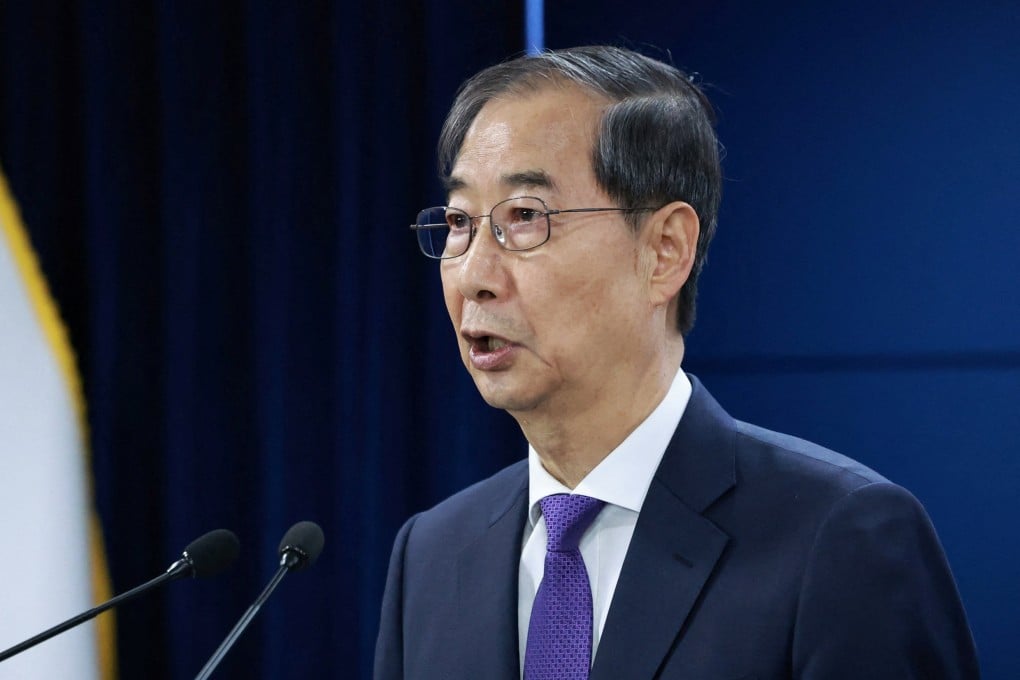A federally funded environmental justice project in Waianae has stalled since the Environmental Protection Agency froze a $3 million grant, halting efforts to empower Native Hawaiian communities and investigate long-standing water quality concerns tied to cesspools and landfills. A federally funded environmental justice project in Waianae has stalled since the Environmental Protection Agency froze a $3 million grant, halting efforts to empower Native Hawaiian communities and investigate long-standing water quality concerns tied to cesspools and landfills. The Earth Island Institute’s Huliau o Waianae initiative, led by local nonprofit Kingdom Pathways, was launched in partnership with Native Hawaiian leaders to train community advisers, collect water quality data and amplify local voices in environmental decision-making.
Though the project officially launched in January after receiving the grant in late December, the EPA froze the funds soon after. Only the project manager remains employed, and plans to fill up to 25 roles are on hold. Advisory positions remain vacant, and momentum has stalled despite a federal court order directing the EPA to release the funds.

(function(d,s,n){var js,fjs=d.getElementsByTagName(s)[0];js=d.createElement(s);js.
className=n;js.src="//player.ex.
co/player/bdc806f4-0fc1-40a1-aff0-a3d5239c169c";fjs.parentNode.insertBefore(js,fjs);}(document,"script","exco-player")); “At the end of the day, it’s our kuleana to move forward with the project, but we really have to bend over backwards to make things work,” Kingdom Pathways co-founder Carmen Guzman-Simpliciano said.
The freeze is part of a broader rollback under EPA Administrator Lee Zeldin, who has targeted environmental justice programs. In April the agency issued termination notices to nearly 200 staff members in its Office of Environmental Justice and External Civil Rights after months of administrative leave. Earth Island and other partners have sued the EPA, calling the freeze unlawful and warning that it harms front-line communities.
“We are going to do many things: health assessments, learn about policies and train advisers, do water testing and air quality monitoring,” Guzman-Simpliciano said. “The funding freeze affected us a lot. We had to end up scrapping our whole plans and starting again on a smaller scale.
We talk about health assessments that come with a price tag, then you talk about hiring paid jobs for these advisers. That was a big price ticket itself. So everything has to just get scrapped and start fresh, re-create our whole initial plan to make it fit.
” The EPA has not provided an official explanation for the freeze. The delay has left subrecipient staff unpaid and blocked the formation of the project’s advisory board. “This was our first year receiving a federal grant, and then the funding froze,” said Guzman-Simpliciano.
“We don’t have much money. Before all these grants came in, because we are so new, we spent our money out of pocket.” The project was inspired by Guzman-Simpliciano’s personal experience.
Her son contracted a staph infection after swimming in Pokai Bay. She later learned such infections had plagued local swimmers for over 20 years. That incident prompted grassroots water testing that found fecal bacteria levels above state health standards.
Her data led to collaboration with the Department of Health and a deeper look at cesspools and landfills in the area. “None of this happens unless somebody cares enough to get and dig in, to do the research, add the data, present it, then turn it over into the state and find ways on how to go about it and possibly change some regulations or laws,” she said. Unlike organizations focused on education, Guzman-Simpliciano said her team aims to collect original data to inform environmental policy.
They planned to train Native Hawaiian advisers to monitor water quality in high-risk areas, including near the PVT landfill, which sits on a water table and accepts demolition debris from across Oahu. “If we’re unaware of that water quality and no one’s monitoring, we wouldn’t know,” she said. “Just like Pokai Bay — that’s been going on for 20 years until we came in and took action and brought all these things to light.
” Despite legal battles and delays, she said the team remains committed. “If we don’t have that research or that data, then who’s going to do it?” For many Native Hawaiians, “climate change” can feel disconnected from their daily lives. Guzman- Simpliciano, who is Native Hawaiian, explained that they understand environmental shifts by observing nature.
Physical events like king tides washing over roads are more immediate than abstract climate science. Seeing these changes, she said, can make the broader concept of climate change harder to grasp. Still, she recognizes climate change is real.
“There is a need to shift our mindset,” she said, noting that pollution, heat and other factors are having real effects. She stressed the importance of observing local changes and understanding their impact within Hawaii’s cultural context, where land, history and traditions shape the community’s view of the environment. Guzman-Simpliciano said it’s troubling when federal agencies overlook Hawaii’s cultural perspective and delay projects like hers.
The freeze, she said, feels like silencing those who had stepped up to protect their land. Her team also discovered that dry streams in Waianae were due not to climate change, but to illegal water diversions by six people — a revelation that challenges oversimplified explanations for environmental issues. U.
S. Rep. Jill Tokuda, D- Hawaii, said the administration fails to recognize the importance of culture, history and place in environmental decisions.
“The real challenge that we are going to have is that this administration does not recognize, quite frankly, the value of culture, history and even sense of place in decisions about resourcing environmental protection projects or climate projects,” Tokuda said. “In Hawaii we understand that you cannot disentangle culture, history and people from a place, and we need to get this administration to understand that.” She emphasized that community-driven projects like Huliau o Waianae are critical for communities exposed to contamination and neglect.
“It’s important to ensure that voices from communities like Waianae are heard and respected in environmental decision-making, especially given their history of being overexposed to landfills and other environmental hazards,” she said. Advocates warn the freeze undermines federal environmental justice commitments. Without resolution, one of Hawaii’s most environmentally burdened communities remains without support.
Despite the challenges, Tokuda noted bipartisan recognition of climate change’s impacts, from wildfires to floods. She said Congress has made calls, sent letters and demanded answers on staffing cuts and funding freezes, as those are factors that could threaten the EPA’s ability to respond to environmental crises and disasters. “While the language may differ, the reality is that climate change is impacting agriculture, natural resources and disaster response efforts nationwide,” Tokuda said.
She called for sustained investment in climate and environmental protection. “We’re literally talking about the water that people drink. We’re talking about the air that people breathe, the most basic of things that we need to ensure are safe.
This is the agency that will hold people accountable and responsible and be there to remediate the wrongs that happen, whether it be wildfires or whether it be Red Hill, whether it be to help communities that struggle with cesspool conversions or have struggled with landfills,” she said. Tokuda encouraged local groups to seek alternative funding sources on top of reaching out to their congressional delegates. “Organizations should look at diversifying their funding models,” she said.
“It’s important to reassess business plans and funding strategies so they can bridge the gap while we work to restore significant investments in environmental protection.” She called for collaboration and adaptability, with the hope that federal support will soon return..
Politics

EPA funding freeze could jeopardize vulnerable communities

A federally funded environmental justice project in Waianae has stalled since the Environmental Protection Agency froze a $3 million grant, halting efforts to empower Native Hawaiian communities and investigate long-standing water quality concerns tied to cesspools and landfills.















